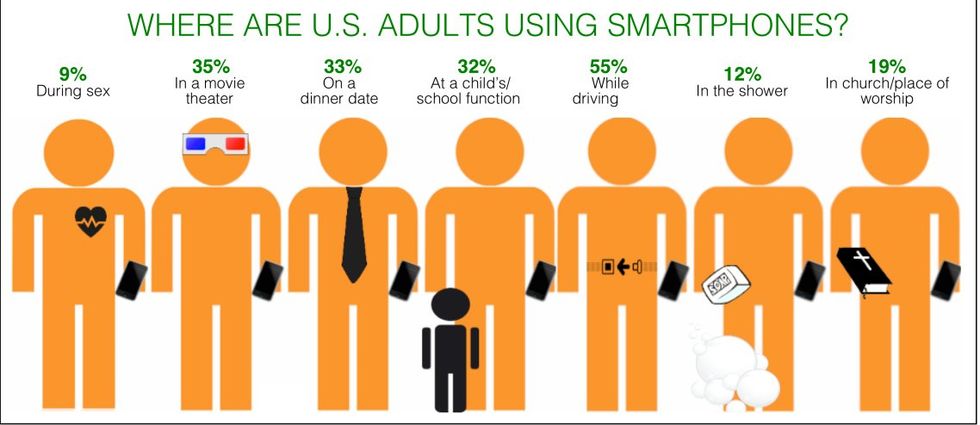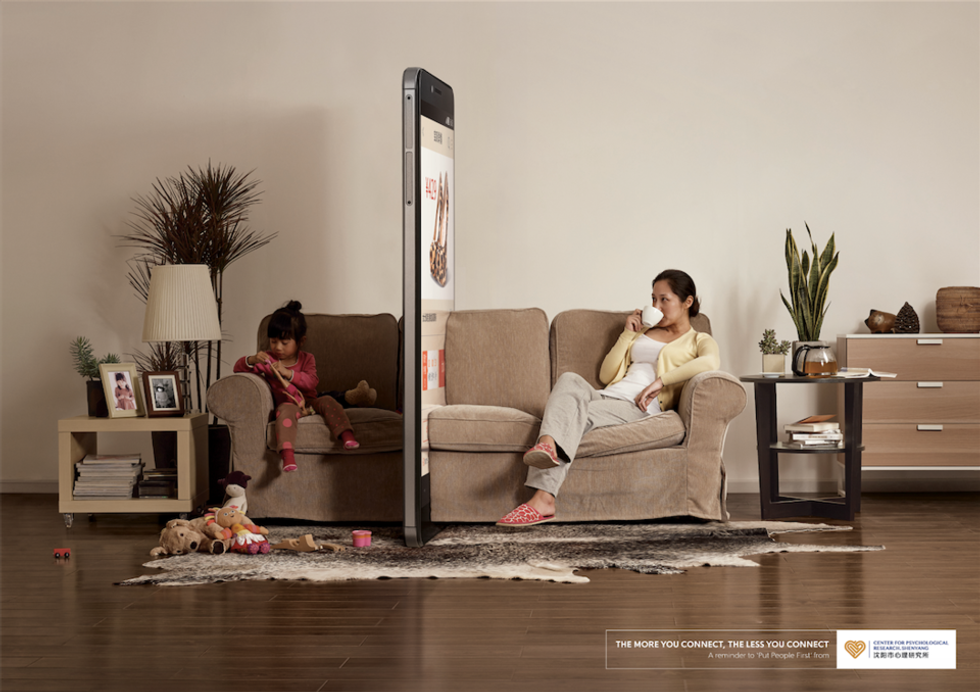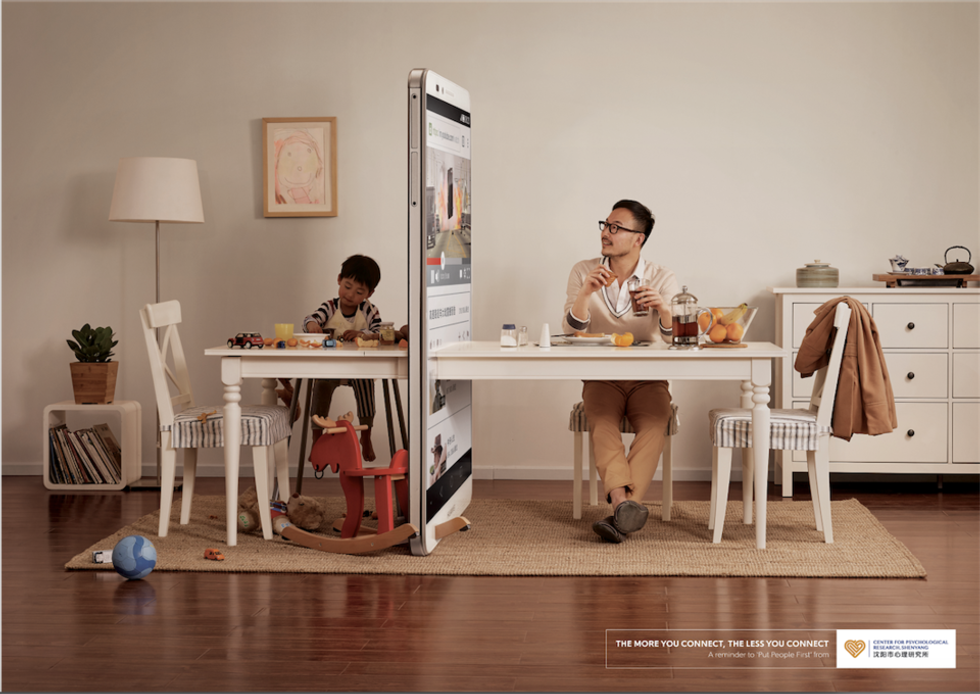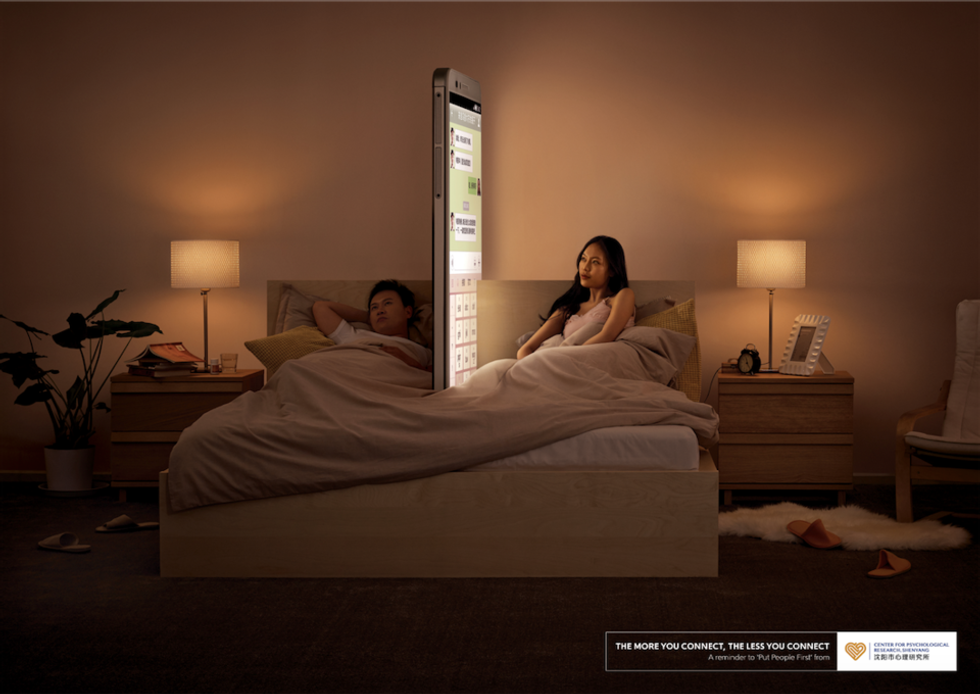Sometimes, I feel like our smartphones are taking over our lives.
As a college sophomore, my life is surrounded by the cultural phenomenon that is the smartphone. Of all the demographics in the United States, college students are among the heaviest users of these devices; however, this technology has spread much farther than college campuses. In fact, a Pew Research survey recently found that nearly two-thirds of American adults now own a smartphone. That means there are over 200 million smartphone users in the U.S. alone. It’s also worth noting that figure does not include anyone under 18.
Smartphones have spiked in popularity over the last decade for several reasons, but the most obvious is their convenience. How many tasks do you use your device to complete on an average day? My iPhone does everything from waking me up in the morning to lulling me to bed at night. It deposits my paychecks, recommends restaurants, takes photos, sends emails, navigates me from place to place, and connects me to social media. The list of functions on today’s devices is so long, most of us could never utilize all of them in a day’s time... but that certainly doesn’t stop us from trying.
People in today’s society, especially younger generations, use their smartphones so often they develop an attachment to the things. In my personal experience, I have seen my peers and I treat our smartphones more like a fifth limb than a gadget. Most of us never leave home without it, and many eat, sleep, and breathe with a device in arm’s reach. These attachment issues have spilled over into almost every aspect of our lives. Have a look at this graphic compiled from the survey results of a study by Harris Interactive:
Over half of those surveyed admitted to using their device while driving, and 33 percent plead guilty to using them on a dinner date.
There’s no denying that we are attached to our smartphones. Some researchers would even substitute the word “attachment” for “addiction”. Either way, this is a serious issue; one that I believe significantly affects the way we live and interact with our world and those in it.
Think about it, how often have your social interactions been interrupted or halted by someone staring at screen? It’s a frustrating reality among my friends. I’ve often looked up (sometimes from my iPhone) to spark up conversation, only to realize that everyone around me was texting or scrolling through something, totally entranced.
This video by Charlene deGuzman says it better than I ever could.
Tell me that isn't the most relatable video you’ve seen in a while. Watch teenagers react to it here.
Granted, smart devices allow people to keep up with our friends all the time. If we aren’t texting them, we’re sharing with them on Facebook, reading their tweets, liking their Instagram posts, or sending them a Snapchat. But are we making true connections?
When we communicate digitally, we present the best version of ourselves. In other words, our relationships are being fostered through a filter. Psychologist and MIT Professor Sherry Turkle encapsulated this idea in a TED talk back in 2012. Turkle explains how staying virtually connected gives us “the illusion of companionship without the demands of friendship.” She asserts that real human relationships are messy and cannot be filtered through a text or comment on social media.
So we like using our smartphones to communicate because it makes friendship easier? That’s messed up.
The more we substitute screen time for face time, the less we connect with the people physically present in our lives, the people right there in front of us. Those people are often the ones closest to us, like a family member or spouse.
Activists in China have already recognized such a problem within Chinese families. The issue is serious enough to launch an ad campaign in major cities called “Phone Wall.” The slogan reads “The more you connect, the less you connect”, but the photos are much more powerful.
We need to put down these devices down more often -- turn it off, lock it in a safe, bury it, whatever you have to do. Smartphones are robbing us of real life experiences and from our real life relationships.
As the "Phone Wall" campaign's creative director, Juggi Ramakrishnan, so accurately said, "The people in our lives should get priority over devices."
Pew Research Survey: http://www.pewinternet.org/2015/04/01/us-smartphon...
Harris Interactive's Mobile Habits Study: pages.jumio.com/rs/jumio/images/Jumio%20-%20Mobile%20Consumer%20Habits%20Study-2.pdf
Sherry Turkle's TED Talk: https://www.ted.com/talks/sherry_turkle_alone_toge...
Huffington Post on "Phone Wall": http://www.huffingtonpost.com/entry/powerful-ads-s...

























